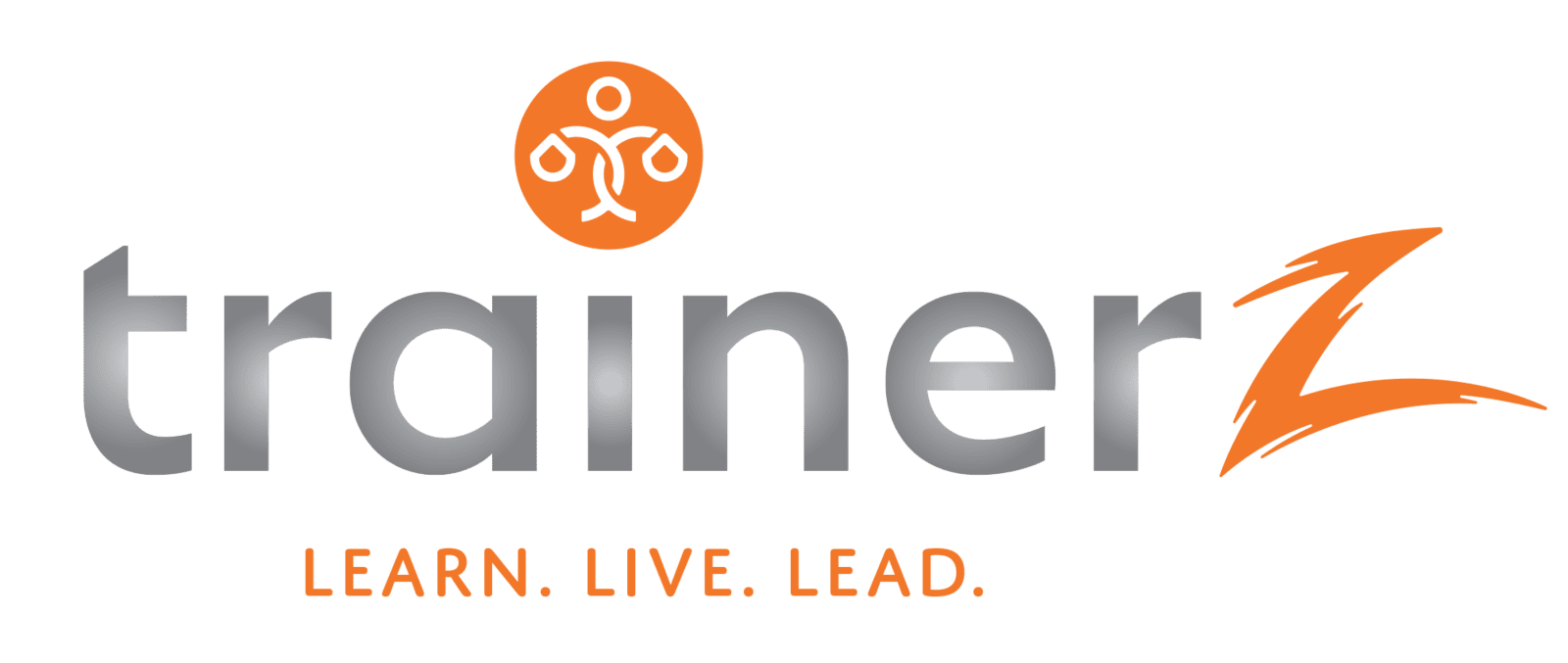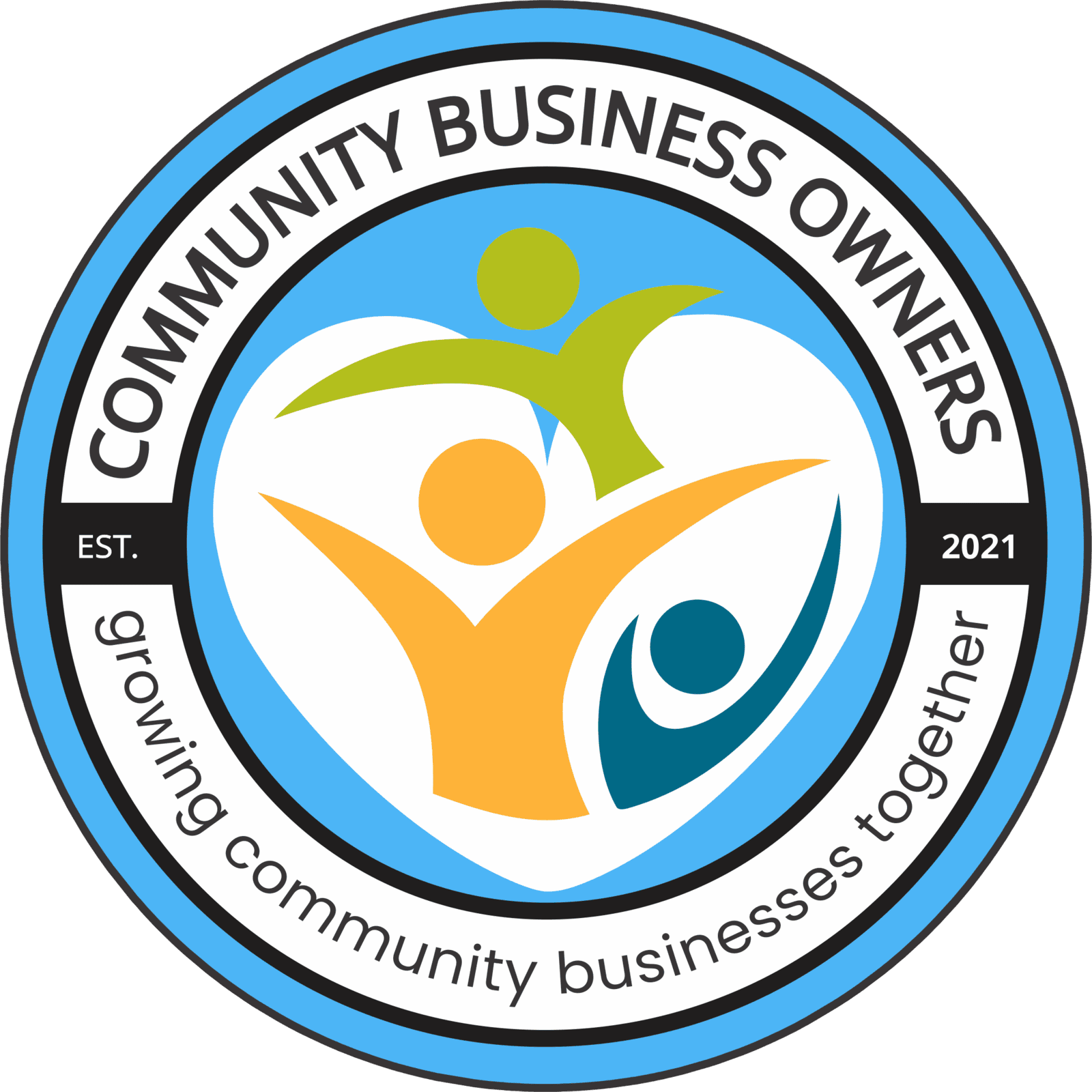Pakistan SMME Sector Overview
The Small, Medium, and Micro-Enterprise (SMME) sector is the backbone of Pakistan's economy, playing a pivotal role in job creation, poverty reduction, and economic development. The sector comprises over 90% of all businesses in the country, employs approximately 80% of the non-agricultural workforce, and contributes a significant 40% to the national GDP. Despite its vital role, the SMME sector faces considerable hurdles, including a complex regulatory environment, limited access to formal finance, and a shortage of skilled labor. The government is attempting to address these issues by restructuring organizations like the Small and Medium Enterprises Development Authority (SMEDA) and launching new financial initiatives. Recent policy updates include redefining microenterprises to expand SMEDA's support framework and a new draft policy to support women entrepreneurs.
Key SMME Industries and Examples
1. Wholesale and Retail Trade
- Examples: Local general stores (kirana shops), small apparel and electronics boutiques, and wholesale distribution businesses.
- Firm Profile: These are typically micro-enterprises or small family-owned businesses. They often have a single physical location and a high degree of informality.
- Age Demographics: This sector is primarily dominated by middle-aged (35-50) and older entrepreneurs (50+) who have built their businesses over time. However, a growing number of younger entrepreneurs are entering with modern business models like online retail platforms.
- Opportunities & Risks: Opportunities lie in adopting digital payment systems and e-commerce models. Risks include intense competition from larger retail chains and an unregulated market.
2. Manufacturing and Production
- Examples: Small textile workshops, food processing units (e.g., bakeries), custom furniture manufacturers, and auto parts fabrication.
- Firm Profile: These firms range from small workshops to medium-sized factories. They often act as crucial supply chain partners for larger manufacturing companies.
- Age Demographics: The sector is largely run by experienced entrepreneurs (Gen X) with technical skills and industry knowledge.
- Opportunities & Risks: Opportunities exist in producing goods for domestic consumption to reduce import dependency. Risks include high capital requirements, a shortage of skilled labor, and supply chain disruptions.
3. Services
- Examples: IT services (web design, software development), professional consulting (accounting, legal), and personal services (beauty salons, event management).
- Firm Profile: This is a diverse group, ranging from individual freelancers to small teams. They typically have low overhead and are skill-intensive.
- Age Demographics: This industry is a magnet for young entrepreneurs (18-34), particularly in the tech and digital segments.
- Opportunities & Risks: The sector is highly scalable and can benefit from Pakistan's growing digital literacy. However, it is a highly competitive market that requires continuous skill upgrading.
The Most Popular SMME Industries (Per Age Group/Generation)
- Youth (Millennials and Gen Z): This group is the primary driver of technology-based startups and the burgeoning digital economy. They are founding businesses in e-commerce, digital marketing, app development, and freelancing services. Their entrepreneurial spirit is a direct response to limited job opportunities and their digital proficiency.
- Middle-Aged (Gen X): Entrepreneurs in this age group are dominant in more traditional, capital-intensive sectors. They are the leading forces in manufacturing, large-scale construction, and wholesale trade. Their ventures are often built on years of experience, family inheritance, and established business networks.
- Older Generations (Baby Boomers): This group typically manages long-established, community-based businesses in sectors like agriculture, local food services, and traditional retail. Their businesses rely on deep-rooted customer relationships and inherited knowledge rather than on modern technology.
Entrepreneurial trends in Pakistan show a clear generational divide. 📈
The Most Popular SMME Industries (Per Region/Province/State)
- Summary: As Pakistan's economic heart, Sindh is home to the country's largest city, Karachi, and its major ports. Its economy is a powerhouse of trade, finance, and industry.
- Key Industries: Manufacturing (textiles, pharmaceuticals), port-related services, transport & logistics, and wholesale trade.
- Trends: The continued development of the Karachi and Port Qasim corridors is solidifying Sindh's role as the primary hub for national and international trade.
- Summary: As the nation's capital, Islamabad has a unique economic profile focused on government services, IT, education, and hospitality. It is a hub for startups and a highly educated populace.
- Key Industries: IT services, professional consulting, hospitality, and specialized retail.
- Trends: The city's young, educated population is fueling a surge in the services sector and technology startups.
- Summary: The economy of KP has historically been agrarian and rural. Recent government and international projects are aiming to revitalize the province by focusing on high-potential sectors.
- Key Industries: Agribusiness, tourism, handicrafts, and services.
- Trends: A major focus on economic revitalization and security stabilization is paving the way for a resurgence in its rich tourism and agribusiness sectors.
- Summary: Punjab is the most populous province and a major economic contributor. It is home to 65% of the country's total SMMEs. Its economy is a mix of agriculture, light manufacturing, and a rapidly urbanizing services sector.
- Key Industries: Agriculture (wheat, cotton), light engineering, textiles, and services (particularly in major cities like Lahore).
- Trends: With a vast population, the province has a massive consumer market, driving growth in food processing, retail, and a burgeoning tech scene.
- Summary: As Pakistan's largest province by area, Balochistan is rich in natural resources but remains the least developed economically. Its SMME sector is largely informal and agrarian.
- Key Industries: Mining and natural resources, fishing, and agriculture.
Sindh
Islamabad Capital Territory
Khyber Pakhtunkhwa (KP)
Punjab
Balochistan
The training and business consulting required for these popular industries
- For Wholesale and Retail Trade: Entrepreneurs need training in inventory management, digital marketing, and e-commerce logistics to adapt to changing consumer habits. Business consulting can help with supply chain optimization, market entry strategies for new products, and a transition from informal to formal business registration.
- For Manufacturing and Production: Training is required in quality control, lean manufacturing, and modern production techniques. Business consulting services would focus on securing bank financing, navigating complex regulatory frameworks, and identifying export markets for niche products.
- For the Services Sector: Training is essential in specialized IT skills (e.g., cybersecurity, app development), professional certifications, and client communication. Business consulting can help freelancers and small firms with business plan development, brand building, and establishing a professional online presence to attract clients.
Top SMME Business Opportunities (Per Region/Province/State)
- Sindh:
- Textile Finishing and Customization: A small workshop specializing in high-quality dyeing, printing, and embroidery for local fashion brands.
- Cold Storage & Logistics: A micro-enterprise providing climate-controlled storage and transport services for agricultural produce and pharmaceuticals.
- Pharmaceutical Supply: A distributor of medical supplies and equipment to small clinics and pharmacies.
- Islamabad Capital Territory:
- Boutique IT Solutions: A firm offering specialized cybersecurity or cloud computing services to small businesses and startups.
- Co-working Spaces: A company providing flexible, modern workspaces with high-speed internet and professional amenities for freelancers and small teams.
- Gourmet Food Services: A catering or delivery service specializing in healthy, high-end meals for corporate clients.
- Khyber Pakhtunkhwa:
- Agro-Food Processing: A small business that processes and packages local fruits (e.g., persimmons) into preserves or dried fruit for a wider market.
- Sustainable Tourism: A tour operator offering adventure and eco-tourism packages in the northern areas, including accommodation and guided treks.
- Handicraft Export: An online platform that connects local artisans with international buyers for traditional crafts like wood carvings and carpets.
- Punjab:
- Food Processing & Packaging: A small-scale business that processes and packages local agricultural products into ready-to-eat meals or snacks.
- Light Engineering & Fabrication: A workshop that produces specialized parts for agricultural machinery or other industrial equipment.
- E-commerce Retail: A local brand selling home decor or fashion online, using social media for marketing.
- Balochistan:
- Fish Processing & Export: A micro-enterprise that processes, freezes, and packages locally caught seafood for domestic or international markets.
- Mineral Transport & Logistics: A small business providing truck-based transport services for minerals and resources from remote areas to cities.
Business and Vocational Skills required for these SMME Opportunities
- Sindh:
- Business Skills: Supply chain management, export-import regulations, and business-to-business (B2B) sales.
- Vocational Skills: Textile design, cold chain logistics, and pharmaceutical handling.
- Soft Skills: Networking, problem-solving, and adaptability to a dynamic market.
- Islamabad Capital Territory:
- Business Skills: Financial planning, digital marketing, and intellectual property protection.
- Vocational Skills: Cybersecurity, software development, and proficiency in modern office management.
- Soft Skills: Communication, networking, and a strong client-relations focus.
- Khyber Pakhtunkhwa:
- Business Skills: Marketing for tourism, brand development, and an understanding of e-commerce platforms.
- Vocational Skills: Food safety and packaging, adventure tourism expertise (first aid, navigation), and knowledge of traditional crafts.
- Soft Skills: Interpersonal skills, resilience, and a passion for local culture and heritage.
- Punjab:
- Business Skills: Product development, brand management, and urban logistics.
- Vocational Skills: Food processing, light engineering, and digital marketing.
- Soft Skills: Salesmanship, creativity, and efficient team management.
- Balochistan:
- Business Skills: Project management, an understanding of regional supply chains, and procurement.
- Vocational Skills: Fishing and seafood processing, heavy machinery operation, and solar panel installation.
- Soft Skills: Persistence, risk assessment, and effective communication with a diverse workforce.


